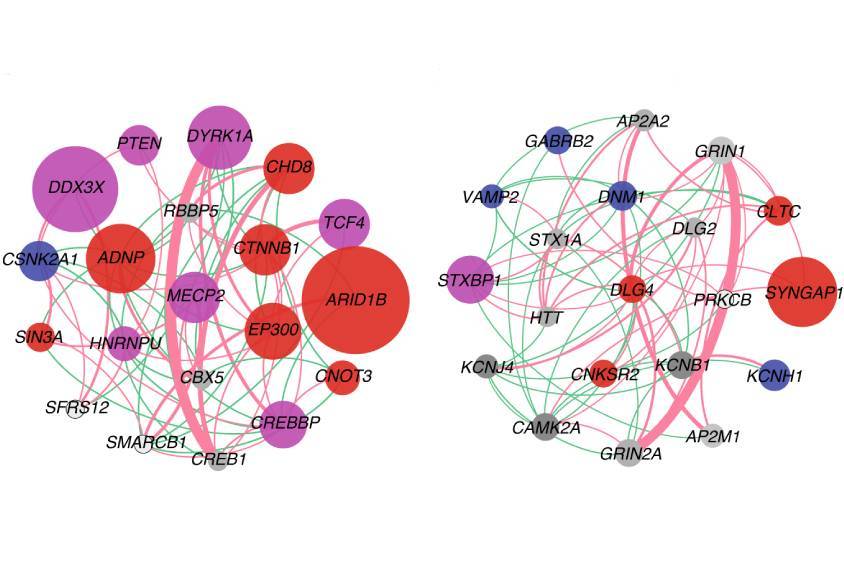 A recent analysis of genetic mutations has identified 253 genes that are linked to autism and developmental delay. The study, which involved nearly 11,000 individuals, found that 49 of these genes are new candidates for autism. By combining datasets from multiple sources, researchers were able to increase the validity of gene associations and accelerate the discovery process. Another study also identified 99 genes associated with autism in nearly 12,000 individuals.
A recent analysis of genetic mutations has identified 253 genes that are linked to autism and developmental delay. The study, which involved nearly 11,000 individuals, found that 49 of these genes are new candidates for autism. By combining datasets from multiple sources, researchers were able to increase the validity of gene associations and accelerate the discovery process. Another study also identified 99 genes associated with autism in nearly 12,000 individuals.
Of the 253 genes identified in the analysis, 30 were found within copy number variants (CNVs) known to be associated with brain conditions. However, there may still be other genes within these CNVs that contribute to autism or developmental delay. The study included sequences from 5,624 autistic individuals, 5,303 people with developmental delay, and their parents, and data was collected from various published datasets as well as the Deciphering Developmental Disorders study.
The research team compared the sequences of individuals with the condition to their unaffected family members, identifying spontaneously arising mutations. They used two statistical approaches to highlight mutations that may contribute to the condition, resulting in a total of 253 genes being flagged. Among these genes, 124 were identified as strong candidates, including 10 that were previously unlinked to the condition.
While there is some overlap in the genes identified by the two approaches, there is not total consistency. The majority of the genes are mutated in both autism and developmental delay, with some closely related to intellectual disability and developmental delay. CHD8, DSCAM, and WDFY3 showed statistical trends toward autism.
Identifying genes specific to autism is challenging due to comorbidity with other conditions and similarities with developmental delay. The highlighted genes are involved in regulating gene expression, neuronal communication, and cellular signaling. Many of these genes are expressed during the early- to mid-fetal development stage, which is a critical period for autism risk.
The analysis also identified specific copy number variants, such as MAPK3 in the 16p11.2 region, that are strongly linked to autism. It is believed that many CNVs have effects through individual genes, supporting this idea. Researchers plan to repeat the analysis with more sequencing data, and preliminary data from an additional 26,765 families was presented at the 2018 American Society of Human Genetics conference in October.
